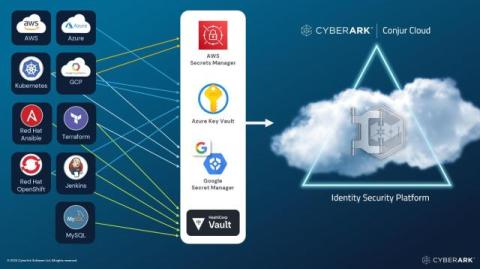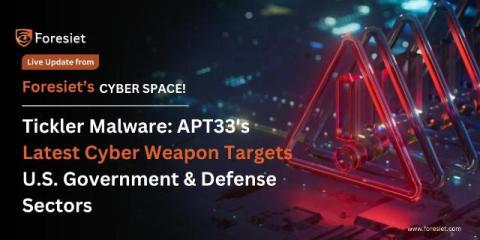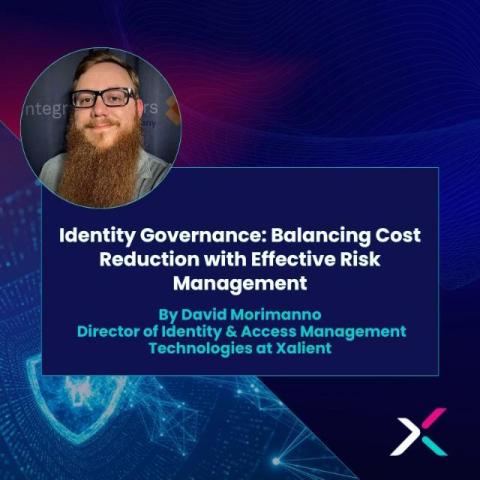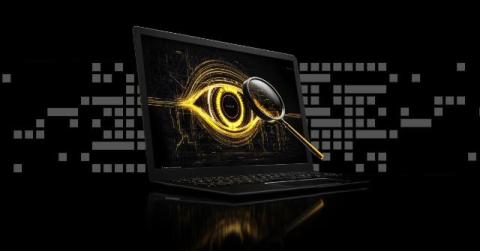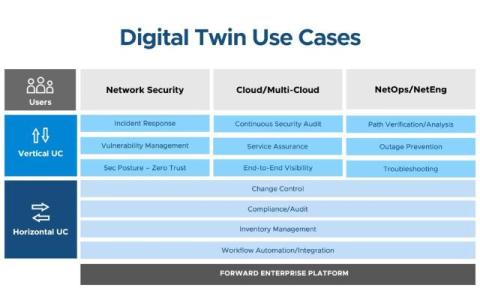Taming Vault Sprawl with Modern Secrets Management
In this cloud, DevOps and AI era, security teams grapple with the growing challenge of shadow secrets and vault sprawl. As organizations scale, secrets management increasingly fragments. For example, Microsoft recommends using one Azure Key Vault, per application, per environment per region. Without centralized visibility, security policies and rotation control, vault sprawl leads to heightened security risk and compliance challenges.


